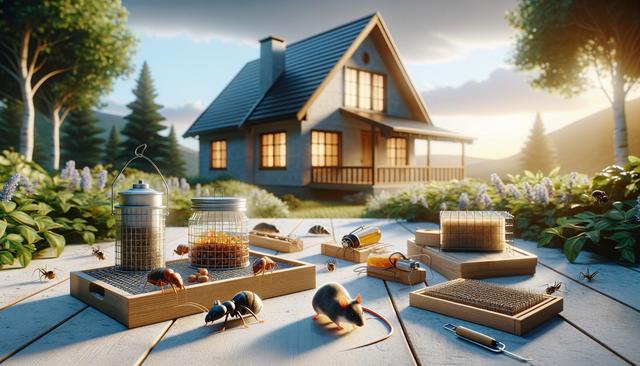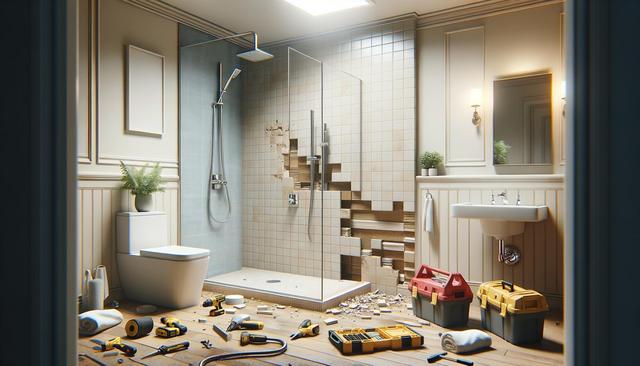
Discover How to Build Your Own Furniture
Discovering how to build your own furniture can be an incredibly rewarding journey, offering not only the satisfaction of creating something with your own hands but also the opportunity to craft pieces that perfectly fit your style and needs.
Why Build Your Own Furniture?
Building your own furniture comes with numerous benefits. It allows for customization, cost savings, and the joy of hands-on creation. According to a survey by the National Association of Home Builders, custom-built furniture pieces have seen a 15% increase in demand over the past five years. This indicates a growing trend toward personalization in home decor.
Expert Opinions
“Crafting your own furniture not only saves money but also allows you to create pieces that have personal meaning and significance,” says a professional carpenter with over 20 years of experience.
Getting Started: Tools and Materials
Before you dive into your first project, ensure you have the essential tools and materials:
- Measuring tape
- Handsaw or circular saw
- Drill and drill bits
- Hammer
- Screwdrivers
- Sandpaper
- Wood glue
- Clamps
These tools form the backbone of your woodworking toolkit. For beginners, it’s advisable to start with small projects like a coffee table or a simple bookshelf.
Step-by-Step Guide
Here’s a basic outline to get you started:
- Choose your project and design: Start with something simple and gradually move to more complex designs.
- Gather materials: Make sure to select quality wood and other materials.
- Measure and cut: Accuracy is key. Use your measuring tape and saw to cut wood to the required dimensions.
- Assemble: Use wood glue and clamps to hold pieces together. Follow up with screws or nails for added security.
- Finish: Sand your furniture to smooth out any rough edges. Apply paint, stain, or varnish as desired.
Personal Anecdote
When I first started building furniture, I chose to create a simple wooden bench. I was amazed at how quickly I learned to use the tools and how satisfying it was to see the finished piece. It now sits proudly in my living room as a daily reminder of what I can accomplish.
Actionable Tips
Pro Tip: Always wear safety gear, including gloves and goggles, to protect yourself while working with tools.
Another important tip is to take your time. Rushing through the process can lead to mistakes and accidents. Remember, patience is vital in woodworking.
Comparison Table: DIY vs. Store-Bought Furniture
| Criteria | DIY Furniture | Store-Bought Furniture |
|---|---|---|
| Cost | Generally lower | Higher |
| Customization | High | Low |
| Quality Control | Direct | Variable |
| Satisfaction | High | Moderate |
| Time Required | Significant | Minimal |
| Skill Development | High | None |
| Durability | Variable | Variable |
| Environmental Impact | Potentially lower | Potentially higher |
FAQ
Q: What type of wood should I use?
A: Pine is a good choice for beginners due to its affordability and ease of use.
Q: Do I need any special skills to start?
A: Basic woodworking skills are sufficient. There are plenty of tutorials available online to guide you through the process.
Q: How long does it take to build a piece of furniture?
A: It depends on the complexity of the project. Simple pieces can be completed in a day, while more complex projects may take several weeks.
Conclusion
Building your own furniture is a fulfilling endeavor that provides a sense of accomplishment and a unique way to personalize your space. By following the steps outlined above and taking advantage of available resources, you can start your journey into furniture making today. Happy crafting!


